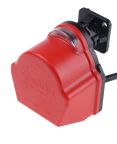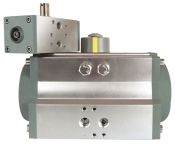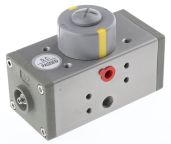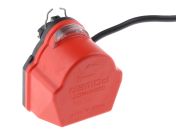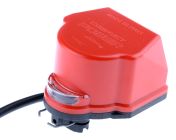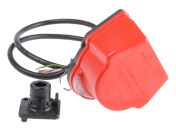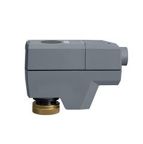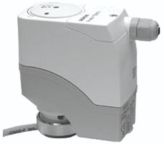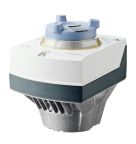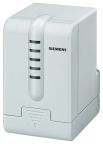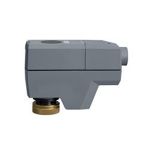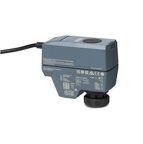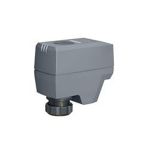Valve Actuators
Hur fungerar de?
Ett ställdon är den kontrollmekanism som drivs av en energikälla. Så ventilställdon kan fungera genom att använda gastryck, hydraultryck eller elektricitet, vilket gör att ventilen kan justeras på distans eller snabb manövrering av stora ventiler.
Typer
- Dubbelverkande: Dessa ställdon har en dubbelverkande konfiguration med luft/vätska som tillförs båda sidorna av kolven, där ena sidan har högre tryck vilket åstadkommer den rörelse som krävs för att manövrera ventilen.
- Fjäderretur: Ställdon med fjäderreturkonfiguration har luft/vätska som tillförs endast en sida av kolven, och energin för att flytta ventilen kommer från fjädern på motsatt sida.
- Pneumatisk: Pneumatiskt ställdon använder komprimerad luft för att generera driftenergin. Dessa ställdon reagerar snabbt, men är inte idealiska för miljöer med högt tryck.
- Hydraulisk: Hydrauliska ställdon använder vätska som ett sätt att applicera tryck på ventilen. De utövar generellt en stor kraft eftersom vätska inte är komprimerbar, men är begränsade i acceleration och hastighet.
- Elektrisk: Elektriska ställdon använder en strömkälla, såsom nätström eller batteri för att driva ställdonet. De använder invecklade elektriska kretsar för att programmera när ställdonet fungerar.
Tillämpningar
Används för automatisering av industriventiler, ställdon kan hittas i alla typer av processanläggningar. De används i avloppsreningsverk, kraftverk, raffinaderier, gruv- och kärnkraftsprocesser, livsmedelsfabriker och rörledningar.
